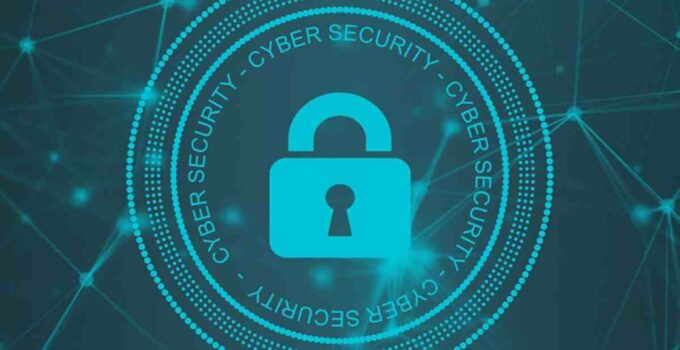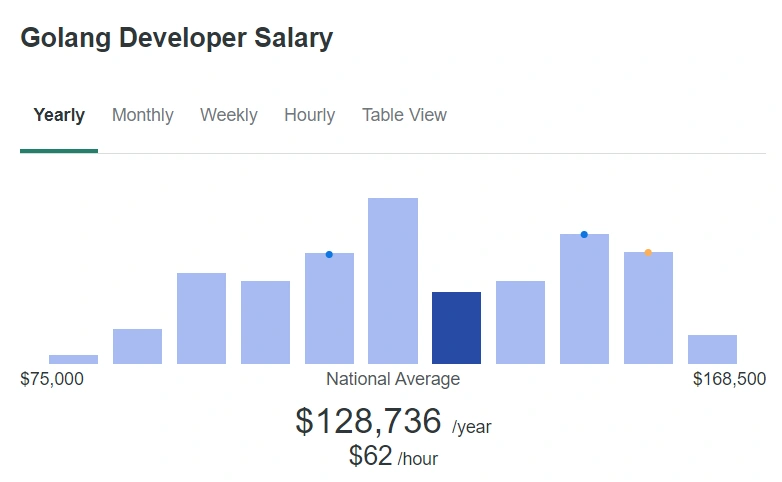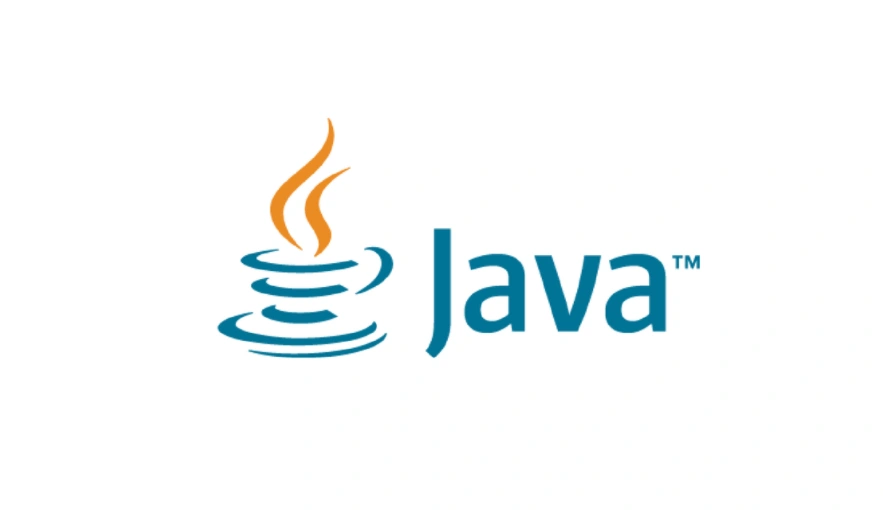Every day, thousands of people are faced with cyber attacks, and having a highly encrypted experience on the internet has become a priority for both individuals and work groups. People lose accounts, media files, a substantial amount of money, important documents, and more through various means of cyber-attacks, hence protection aid becomes inevitable.
The first step associated with protecting yourself from cyber attacks is understanding that it can happen to anyone irrespective of whether you are a tech expert or someone who has a strong background in IT.
The most common threat you are likely to encounter on the internet is having your password/ online identity stolen by hackers or having your money stolen or moved online without your consent. This publication will act as a guide on how to prevent yourself and your business from falling victim to any attack on cyberspace.
How To Protect Yourself From Cyber Attacks
- Use Complex Passwords
- Prioritize 2FA Authentication
- Verify A Link’s Authenticity Before Clicking
- Avoid Giving Out Your Password Or Pin To Any Customer Care Representative
- Update Your Software Programs Regularly
Use Complex Passwords
Weak passwords make it easy for people to fall victim to identity theft, and data breach. Most people fail to understand the importance of using strong passwords, it is very easy for hackers to guess passwords such as a combination of your name or your first name and age such as Andrew16, Johnmark, etc.
You are advised to step up your password game by using a confusing password. You can combine the last four letters of your name, and add your lucky number, and a special character. Examples of highly secure passwords are Drew900#, Nmark21%, and many others.
You can further make things complex by choosing to insert special characters amidst the letters and numbers such as A@ndrew1$, M@rk1@, etc. You are advised to be extremely creative with your passwords and should stress your password enough by having up to 15 characters or more, it is often best to have separate passwords to give you access to websites you trust, and the ones you do not trust.
Prioritize 2FA Authentication
This is a more secure method of protecting your identity or password from being stolen on the internet, you may think of it as an extra security measure for your password. It involves using a different device or account to authorize access to any of your accounts on the internet.
It is very easy for hackers to put a couple of letters and numbers together in guessing your passwords, there exists software designed to help them guess your pin or passwords with ease.
This security measure prevents unauthorized use of your personal, and work accounts, and you’ll always be notified whenever your password is compromised. This will help you change your password on other accounts that do not support 2FA authentication.
Verify A Link’s Authenticity Before Clicking
This is the most common way in which people fall victim to cyber-attacks, as they often fail to look before they leap when it involves clicking on a strange URL. It is also easy for hackers to create a replica of a famous website where you’ll further expose your personal information such as your bank pin, passwords, social security number (SSN), etc.
Internet users are advised to be security conscious and to always look out for any inconsistencies whenever they are clicking on any link from sources they do not trust. It is often best to verify the security status of a link before clicking on it in order to not fall victim to having your identity or money stolen online.
Avoid Giving Out Your Password Or Pin To Any Customer Care Representative
This is an easy way for hackers to gain access to your accounts, it involves them using a fake call or text to have you reveal your password or pin. In most cases, the call usually comes with a panic message to leave you off balance.
For example, you may receive a call about an upgrade in your banking system, and your pin is required to prevent your account from getting blocked or having your money frozen. Giving out your pin or password means you’ve willingly given your caller every information about you, and should do as they please.
Do note that no customer care representative will ever ask you to reveal your login passwords or pin for whatever reason, they’ll rather ask other security questions that they expect only you to have the right answer to.
Update Your Software Programs Regularly
An outdated software program often has the risk of being easily compromised by hackers because the tech world is innovative and hackers are always coming up with new ideas on how to hack your device through any method therein.
Bugs also pose a cyber threat to internet users, and failing to update your software programs when needed can have a drastic effect on your device. To be on the safer side, you should update your apps, and programs when prompted, and you should never overlook updating your smartphone or laptop system software.
In conclusion, you are never truly safe on the internet because hackers are always brainstorming on how to gain access to your personal work accounts and use it for their selfish gains. You can protect your activities, passwords, pin, and money online by applying all the cybersecurity solutions highlighted in this publication.



